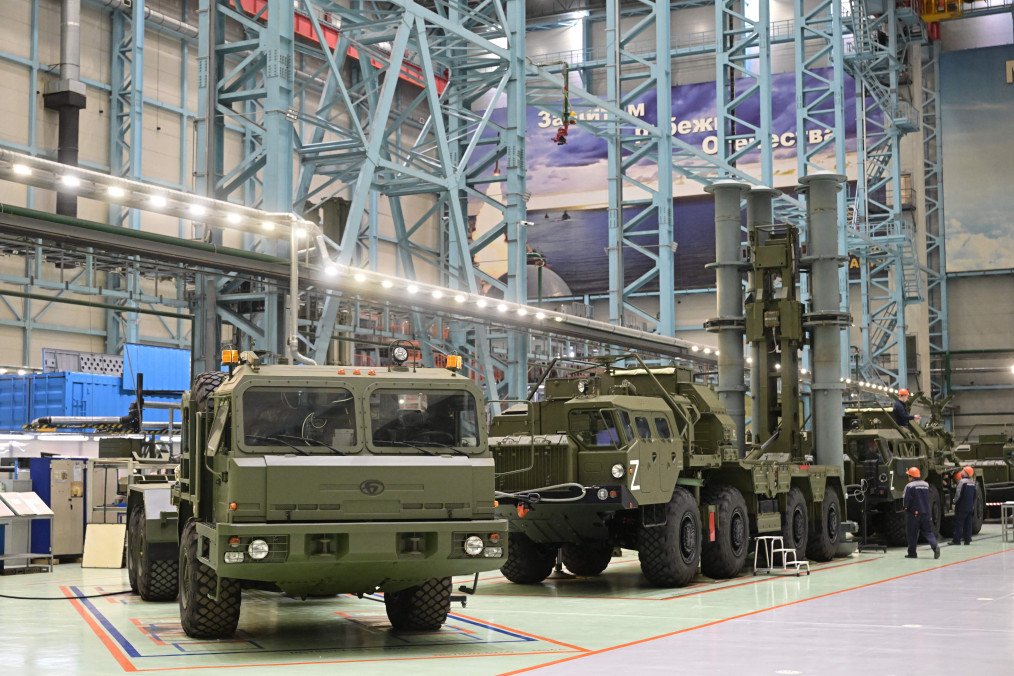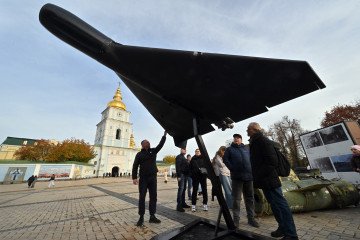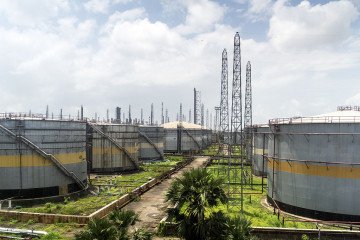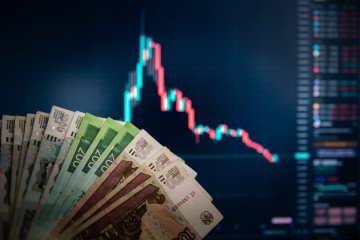- Category
- Latest news
European Companies Continue Supplying Banned Equipment to Russia, Bypassing Sanctions, New Investigation Reveals

An investigation by The Insider and Czech media outlet Investigace has revealed that nine European companies from the Czech Republic, Poland, Sweden, and Switzerland have continued to supply sanctioned industrial equipment to Russia, despite ongoing sanctions.
According to the investigation, these companies operate through subsidiaries and firms owned by their top executives, enabling them to bypass restrictions. Local revenues from these operations have surged since the beginning of Russia’s full-scale invasion of Ukraine, reaching approximately $623 million by 2023.
One example is the “GRS Ural” machine-building plant in Yekaterinburg, controlled by the Czech company TOS Varnsdorf. In 2023, the plant increased its turnover by 50%, using components imported from the Czech Republic and locally produced machines.
It collaborates with at least three Russian state-owned defense enterprises: Almaz-Antey, which manufactures air defense systems like the S-400 and Tor; Perm-based Mashinostroitel, a producer of missile and aviation engine components; and Reduktor PM, which supplies parts for Mi-series helicopters.
Another Czech entity, Tachtech, operates in Russia through its joint venture Takhtakh, which specializes in industrial heating and thermal furnaces. Its clientele includes the Omsk Transport Engineering Plant, known for maintaining T-80 tanks and producing heavy flamethrower systems.
Additionally, the Czech industrial group Alta continues its business in Russia via a wholly-owned subsidiary, A-R, which imports machinery for mining and processing operations. Since the war began, this subsidiary has imported 185 shipments worth $8.67 million. Similarly, Kovosvit, another Czech company, has delivered 56 batches of machinery to Russian military enterprises, valued at nearly $3.2 million.
Swiss firm Meg Metal SA, through its subsidiary Eurostal, has supplied steel products worth nearly $14 million between 2022 and 2023. Its major clients include the Prometey Research Institute, which develops alloys for nuclear submarines and icebreakers, and Uralmashzavod, a producer of equipment for metallurgy and mining.
Swedish company GCE Group has provided gas equipment critical for military production through its Russian subsidiary, GCE Krass. From February 2022 to April 2024, it imported 655 items valued at $5.82 million, including dual-use goods such as regulators and welding machine parts.
Poland’s Seco/Warwick has also been linked to supplying industrial furnaces used in various sectors, including aviation and manufacturing. Its Russian subsidiary imported goods worth $1.41 million, with 69% of the shipments coming directly from Poland.
The investigation highlights how these companies have leveraged loopholes to continue their operations in Russia, despite strict sanctions designed to limit Moscow’s access to critical technologies and materials.
Earlier, a sanctions-focused conference in the Hague spotlighted how Russia continues to evade Western restrictions and obtain microelectronics for its weapons systems. The Ukrainian delegation, supported by expert institutions and government offices, presented fragments of Russian missiles and drones containing Western-made components, some produced as recently as 2023 and 2024.
These included antennas from Ireland, microprocessors from the Netherlands, and parts from the US, Switzerland, Germany, and France. The exhibits highlighted how such components enable Russia to sustain its war efforts, underscoring the need for stricter controls and enforcement to block supply routes.


-c439b7bd9030ecf9d5a4287dc361ba31.jpg)

-111f0e5095e02c02446ffed57bfb0ab1.jpeg)

-72b63a4e0c8c475ad81fe3eed3f63729.jpeg)

